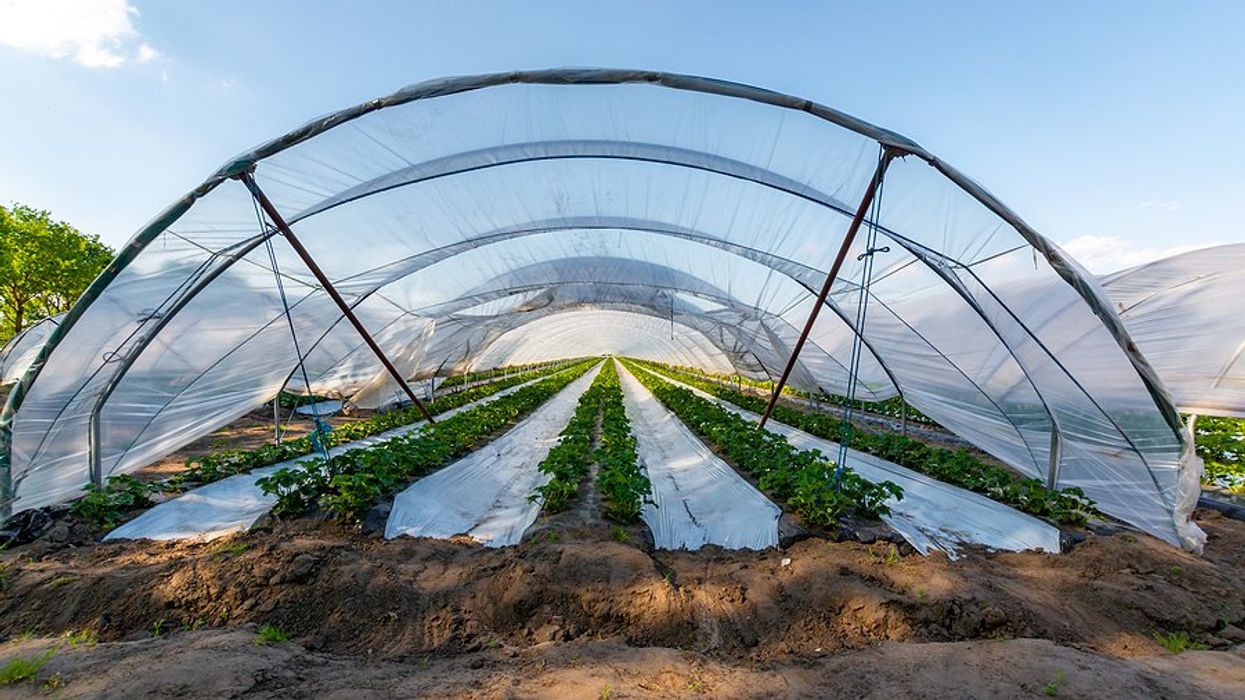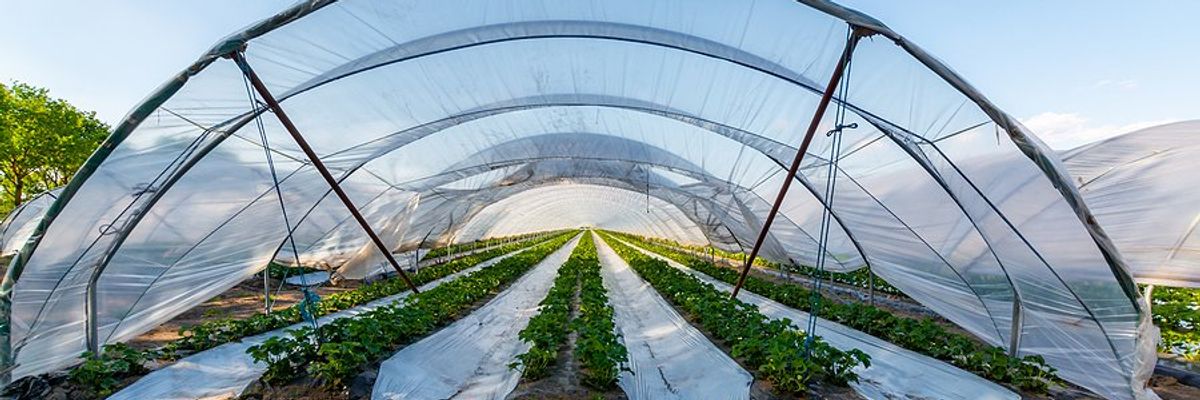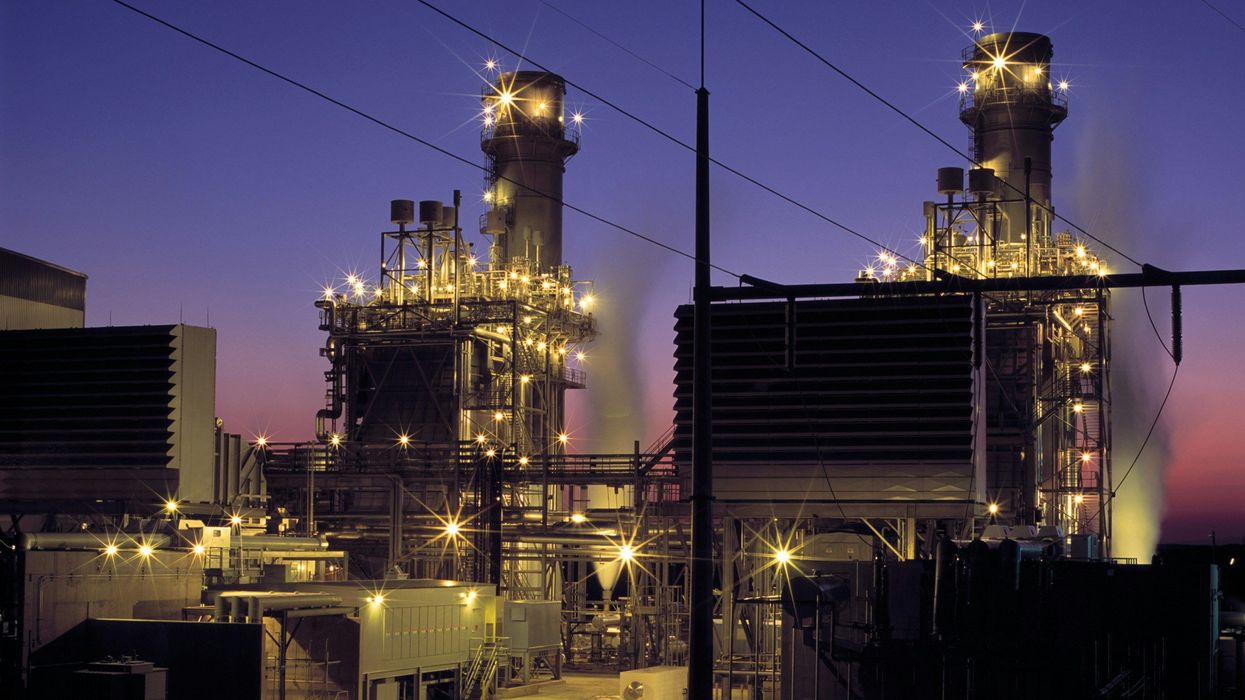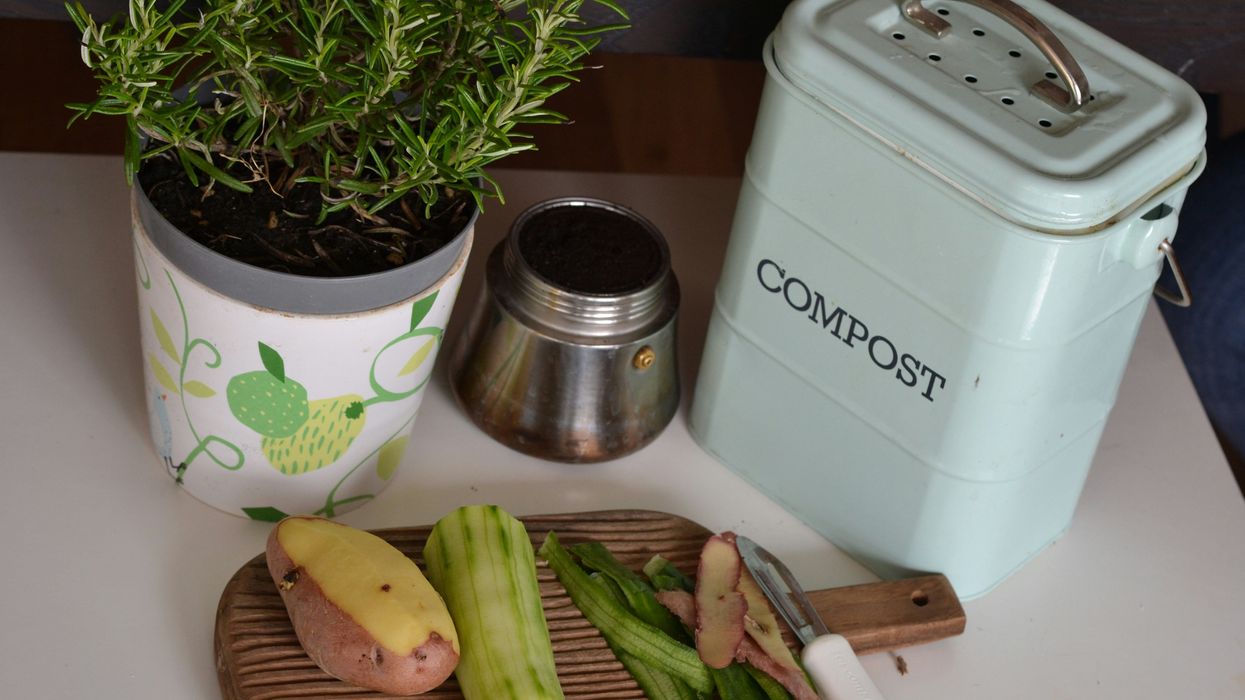American farms rely heavily on plastic materials like mulch, irrigation tubes, and greenhouse coverings, which degrade into soil and pose potential risks to food safety.
Grey Moran reports for Civil Eats.
In short:
- U.S. farms use extensive amounts of plastic, from mulching films to greenhouse coverings.
- The degradation of these plastics leads to accumulation in the soil and potentially in plants.
- This plastic pollution raises concerns about the safety of food grown in such environments.
Key quote:
“Everything that we create as humans degrades to some degree over time. That’s the reason we’re facing such a massive issue.”
— Samuel Cusworth, recent PhD graduate from the University of Lancaster in England
Why this matters:
Environmentalists and scientists are increasingly worried about the long-term effects of plastic contamination. Not only does it threaten soil health and biodiversity by altering the natural composition of soil and affecting microbial communities, but it also poses a significant risk to human health. The potential for microplastics to enter the food chain and accumulate in our bodies is a growing area of concern that demands urgent attention.

















